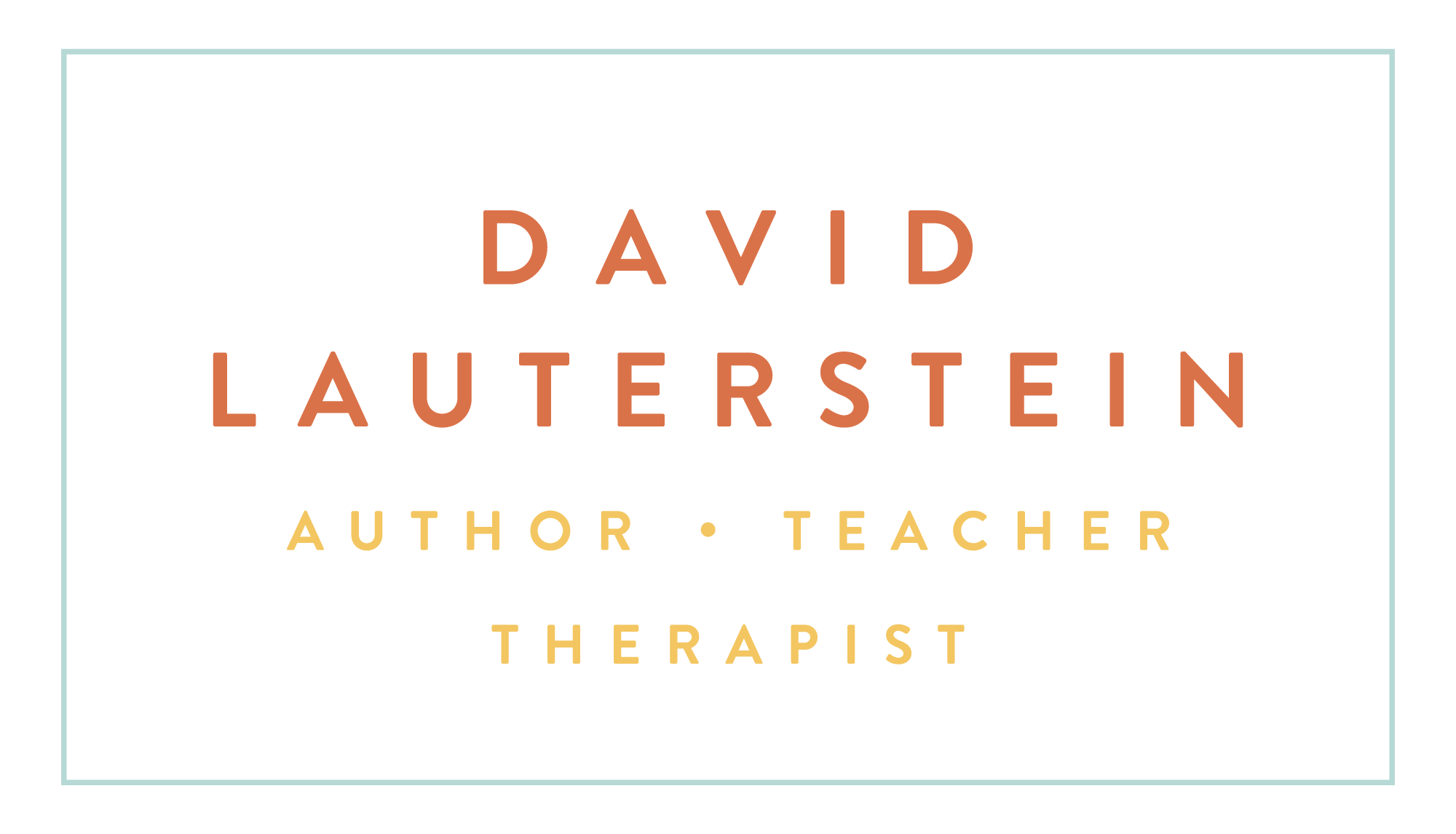TO KEEP THE PAIN AWAKE
It is common to have clients come for massage or for psychotherapy and basically ask the therapist to take their pain away.
But could it be that our pain is our greatest teacher? If so, getting rid of the pain may be a great loss.
Pain keeps telling us where we are tense. Oftentimes it is the most painful stretches of life that convince us to change – a divorce, an argument with a friend or lover, a deep frustration with one’s work situation or the socio-politics of our culture.
Martin Buber on Keeping Pain Awake
In earlier times, cultures did not question certain “absolute values”, especially as promoted by their prevailing religions. But in our age these have all been questioned – different collectives treat their ideas as absolute, but they are surrounded by skepticism, contradicting ideas, habits, and beliefs. It is an idle undertaking to call out, to humankind that has grown blind to eternity: “Look! the eternal values!”
One may indeed look at the erosion of absolute values as a sickness of the modern day civilization. One has to begin by pointing to that sphere where people, in the hours of utter solitude, occasionally become aware of this disease through sudden pain. To keep the pain awake, to waken the desire – that is the first task of everyone who regrets the obscuring of eternity. It is also the first task of the genuine educator in our time. The lack of clarity in our culture, points the learner back to the relationship of the individual to their own self.
So listening to our pain might be way more important than silencing it.
“Life will always be bad enough so that the desire for the better is not extinguished in man.” - Maxim Gorky
Pain impels us in the direction of our hopes - be they for true love or for a just society.
Karl Menninger in “Love Against Hate”:
“Love is the medicine for the sickness of the world.”
Most human societies force the neglect of our instinctual needs and consequently strengthen unconscious passive aggression and self-destructive behavior. This builds up into a vicious cycle of repressed aggressions which result in destructive behavior that is passed on from generation to generation.
Karl Menninger wrote that the key to healing is the vital balance of these five elements - work, play, faith, hope and love. And, as it says in the Bible, 'but the greatest of these is love.'
"When Karl Menninger started his clinic down the street was the Topeka State Hospital. There only about nineteen out of every one hundred patients admitted were dismissed alive.
When their new formula - the vital balance of work, play, faith, hope and love - was applied to the treatment of the patients at the Topeka State Hospital, the nineteen percent healing rate dramatically improved. By 1969, it could be reported that eighty-six percent left the hospital within twelve months and half were sufficiently improved to go home after only three months."
“Love is the medicine for the sickness of the world.”
Let us meet and honor our pain with love.
Or in the words of Rumi - Cry Out in Your Weakness

